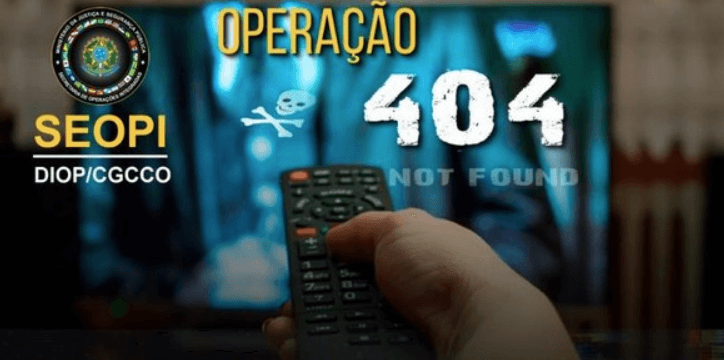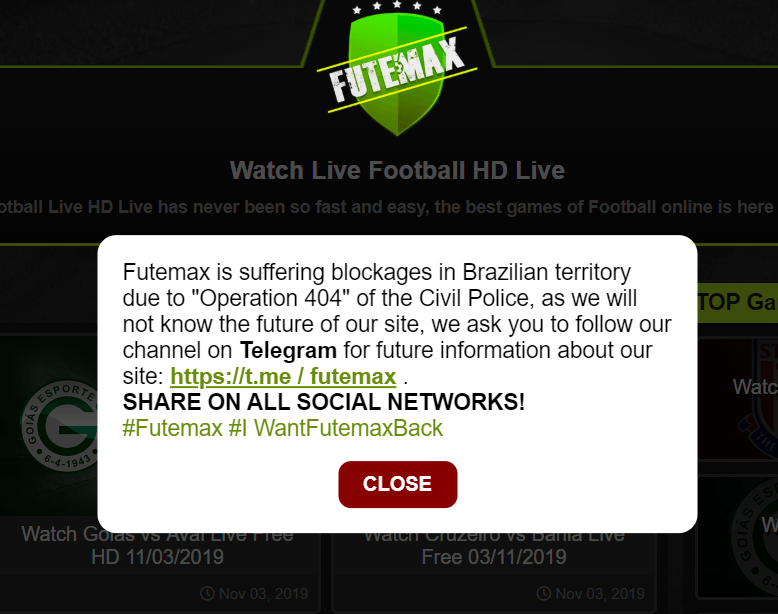
Artificial Intelligence (AI) is a buzzword that’s frequently used by startups and established businesses in the tech industry.
In some cases, it refers to little more than advanced algorithms, but complex self-learning computer systems with human-like traits are actively being developed as well.
As these AI technologies become increasingly advanced, they raise more ethical and legal questions. This was recognized by the US Patent and Trademark Office (USPTO) recently, which launched a public consultation on the matter.
“Artificial Intelligence technologies are increasingly becoming important across a diverse spectrum of technologies and businesses. AI poses unique challenges in the sphere of intellectual property law,” USPTO writes.
The USPTO is part of the US Department of Commerce and deals with various intellectual property rights issues. It previously raised questions on how AI technology impacts patent law and is now expanding this to copyright matters.
The consultation starts off by asking whether anything created by an AI, without human involvement, can be copyrighted. This can refer to any type of content, including music, images, and texts.
“Should a work produced by an AI algorithm or process, without the involvement of a natural person contributing expression to the resulting work, qualify as a work of authorship protectable under U.S. copyright law? Why or why not?” the Office asks.
The technology and code that makes any AI work obviously relies on human interaction, but USPTO’s question is destined to raise a lively debate. Since it’s expected that more and more creations will rely heavily on AI in the future, the US Government requests guidance on these issues.
.embed-container { position: relative; padding-bottom: 56.25%; height: 0; overflow: hidden; max-width: 90%; } .embed-container iframe, .embed-container object, .embed-container embed { position: absolute; top: 0; left: 0; width: 100%; height: 100%; }
In a follow-up question, the Office zooms in further still by asking what kind of human involvement is required to make something copyrightable. Yet another question deals with possible copyright infringements by an AI. Or in other words, can an AI pirate?
This is a relevant question since these technologies can rely on input from other copyrighted works. A simple example would be where an AI ‘decides’ to use hundreds of music tracks to create a new one.
If that’s the case, should this simply be allowed under fair use, or should the original authors have the right to be compensated?
“To the extent an AI algorithm or process learns its function(s) by ingesting large volumes of copyrighted material, does the existing statutory language (e.g., the fair use doctrine) and related case law adequately address the legality of making such use? Should authors be recognized for this type of use of their works? If so, how?” USPTO questions.
The Office notes that further guidance is needed on these and other topics so it’s asking the public for input. USPTO says that it’s not predisposed to any particular views and also welcomes additional AI feedback, beyond the questions it asked.
The full set of questions is available in the Federal Register notice, which includes additional background information. For those who want to chime in, the comment period closes December 16.
—
Update: IPKAT published an article today showing that similar issues are being discussed in Europe as well.
Source: TF, for the latest info on copyright, file-sharing, torrent sites and more. We also have VPN reviews, discounts, offers and coupons.





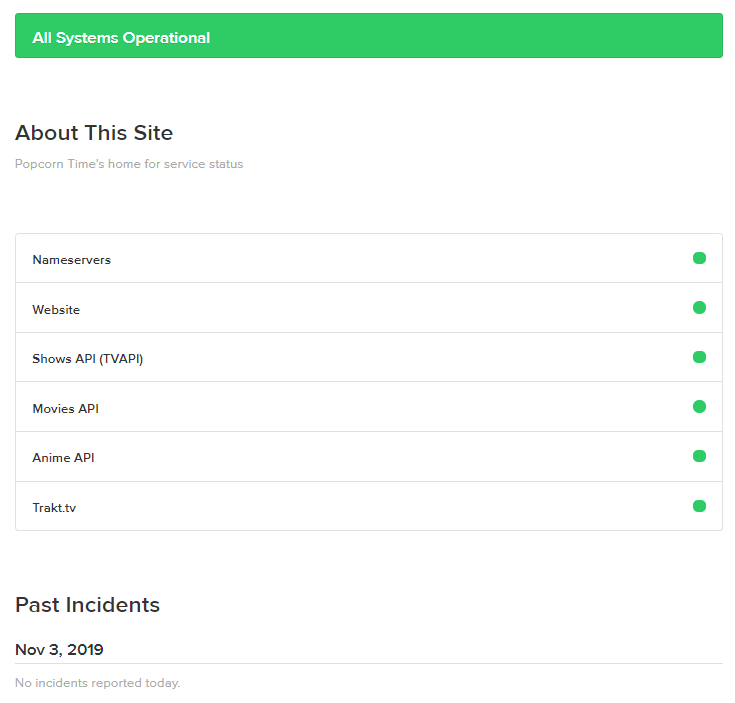
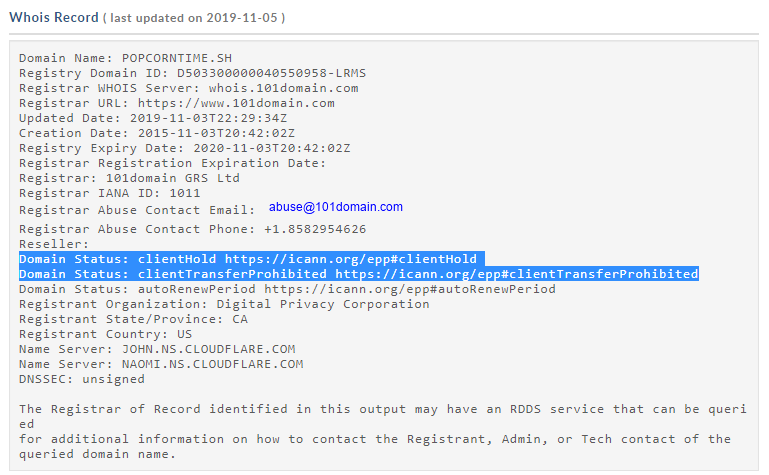


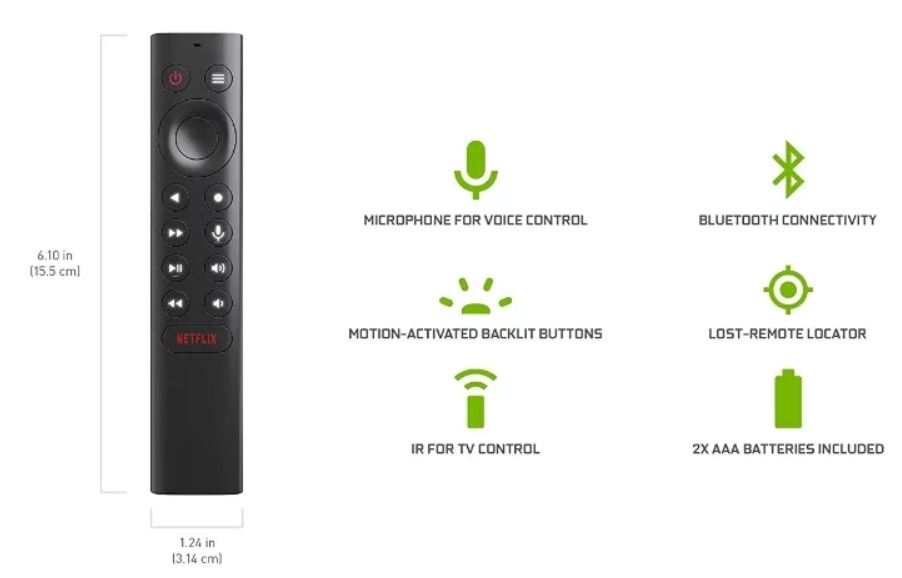
 This week we have three newcomers in our chart.
This week we have three newcomers in our chart.

